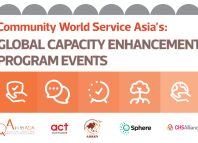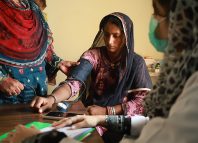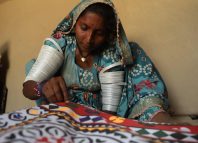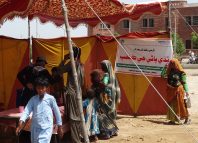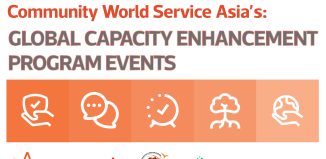Situation Update: Humanitarian Response in Afghanistan continues to support thousands affected by crises
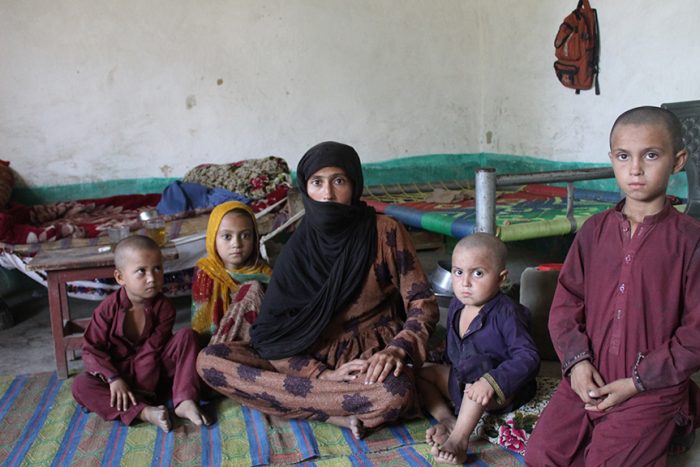
Afghanistan has faced unprecedented levels of hunger for over a year. The World Food Programme (WFP) says 90% of people in Afghanistan face insufficient food consumption.
The UN Office for the Coordination of Humanitarian Affairs (UNOCHA) estimates that a record 28.3 million people, which is two-third of the country’s total population, will need humanitarian and protection assistance in 2023, up from 24.4 million in 2022 and 18.4 million in 2021.
A national drought was officially declared in June 2021 and is the worst in more than 30 years. In eastern Afghanistan, flash floods in late August 2022 killed at least 20 people in Logar province, with thousands of homes and agricultural land damaged. A 5.9 magnitude earthquake hit eastern Afghanistan on June 22, 2022, killing more than 1,000 people and leaving 362,000 in need of humanitarian assistance.
To address the immediate needs of communities affected by recurring natural hazards and conflict, Community World Service Asia with the support of its partners[1], has provided assistance to 695 families in Nangarhar, Khost and Paktika under its humanitarian response projects since August 2022.
Almost 6000 project participants, including 1109 men, 1151 women and 3734 children have been provided with cash-based assistance to meet their immediate food security and other essential needs. Priority groups under response included internally displaced people (IDPs), women-headed households and person with disabilities (PWDs). The distribution of cash for food to affected households in nine districts across three provinces in Afghanistan, has helped improve food security and minimise the impact of multiple crises that has led to mass-scale extreme poverty and health concerns.
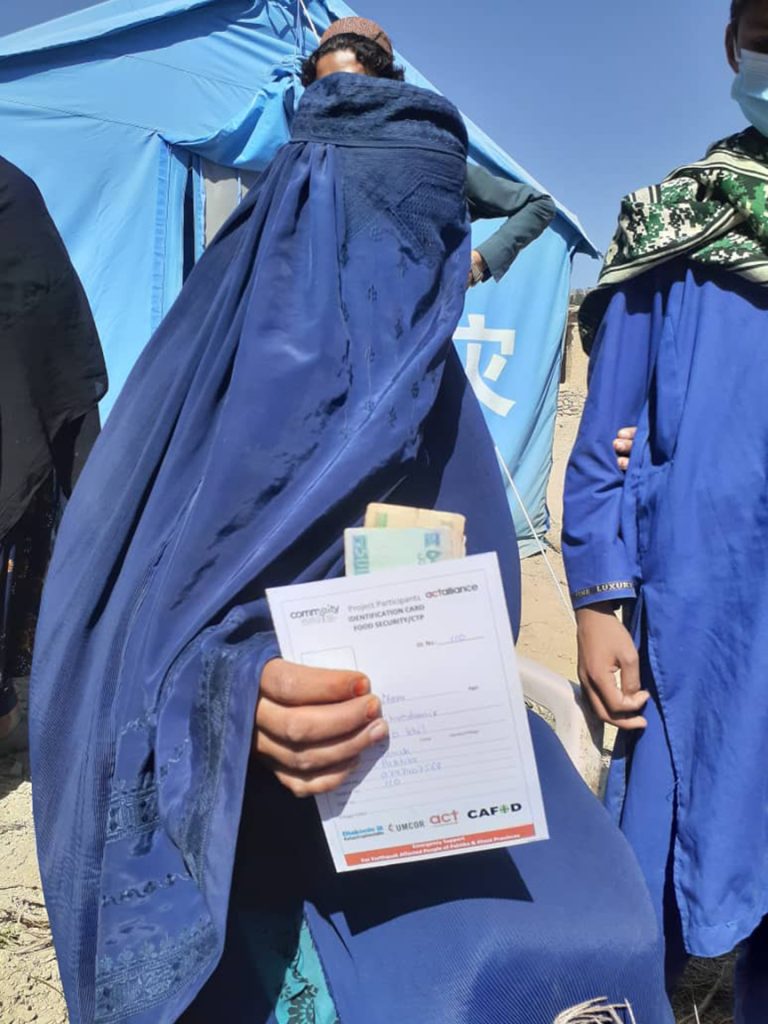
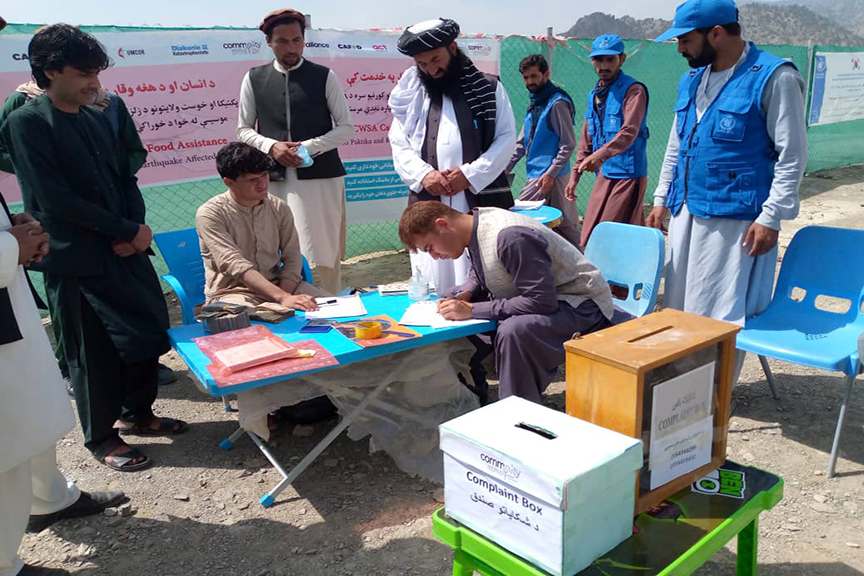
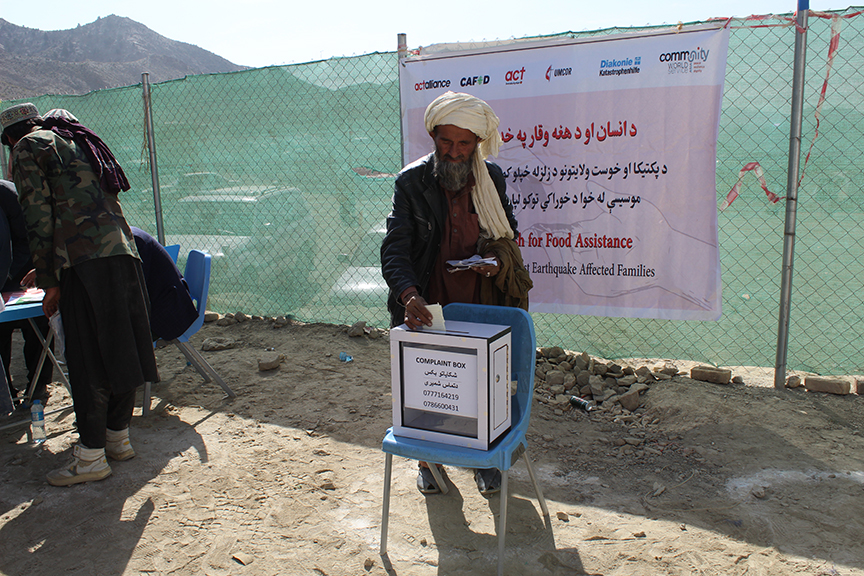
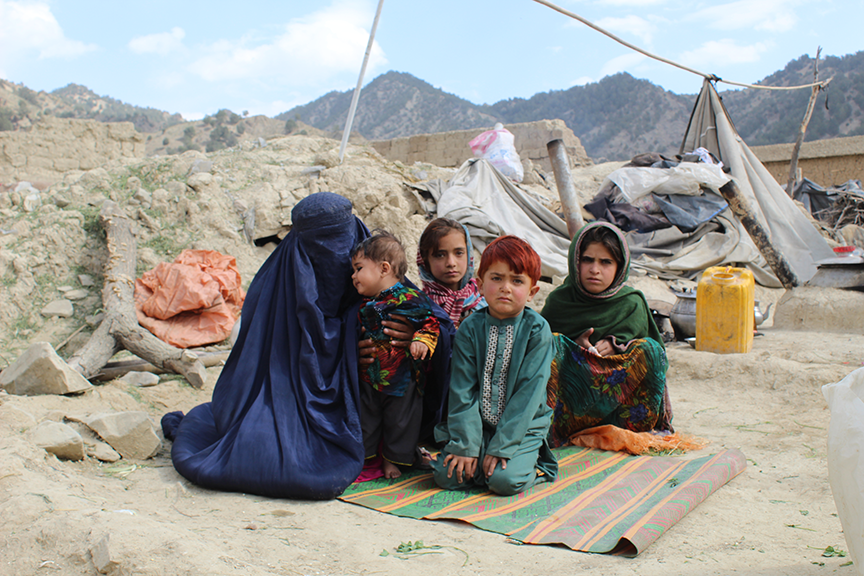
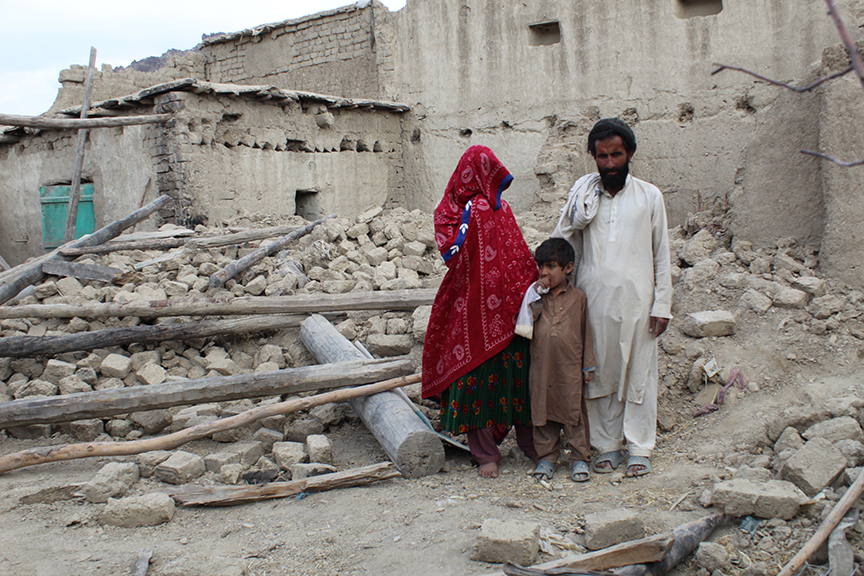
[1] CWS Japan, Catholic Agency for Overseas Development (CAFOD), Rapid Response Fund, United Methodist Committee on Relief (UMCOR), Act Church of Sweden and Diakonie Katastrophenhilfe (DKH)

